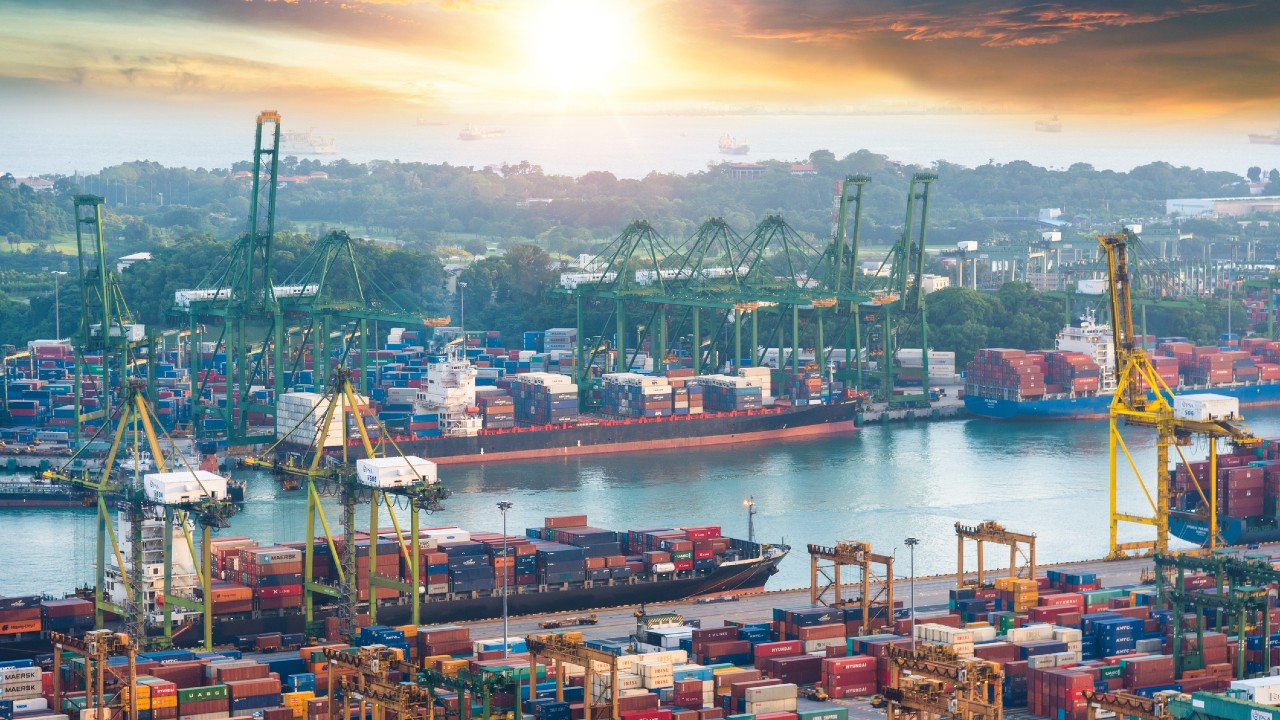The Port of Singapore has been severely impacted by global disruption to ocean-going freight, including import delays, export cost increases, vessel delays and additional charges, and booking rollovers.
Alvin Ong, General Manager of Vanpac GroupAsia, who is based at company headquarters in Singapore, told FIDI Focus: ‘The current situation at Singapore port is pretty bad, with massive congestion, backlogs, and freight surges.’
He said that despite vessels reaching the port, backlogs in offloading containers were making it difficult to commit to firm delivery dates. Meanwhile, sudden surges in freight prices, additional port fees, and chassis rentals, were all adding costs to the supply chain. Container availability is also being impacted by shortages, and confirmed bookings on specific vessels have sometimes been rolled over to later departure times.
In an update to clients, the company said it was ‘working to navigate these obstacles’, and recommended including warehouse handling fees and accounting for minimum storage periods, to increase transparency and manage customer expectations.
The port is one of many that have been impacted by global pressures on shipping. A Reuters update at the end of June said retailers and manufacturers, and other industries that rely on large box ships, are feeling the effects of ‘surging rates, port backups, and shortages of empty containers, even as many consumer-orientated firms look to build inventories heading into the peak year-end shopping season.’
It added that global port congestion was at an 18-month high, with 60 per cent of the vessels waiting at anchor located in Asia, and a total capacity of 2.4 million 20-foot equivalent container units (TEUs) delayed as at mid-June.

